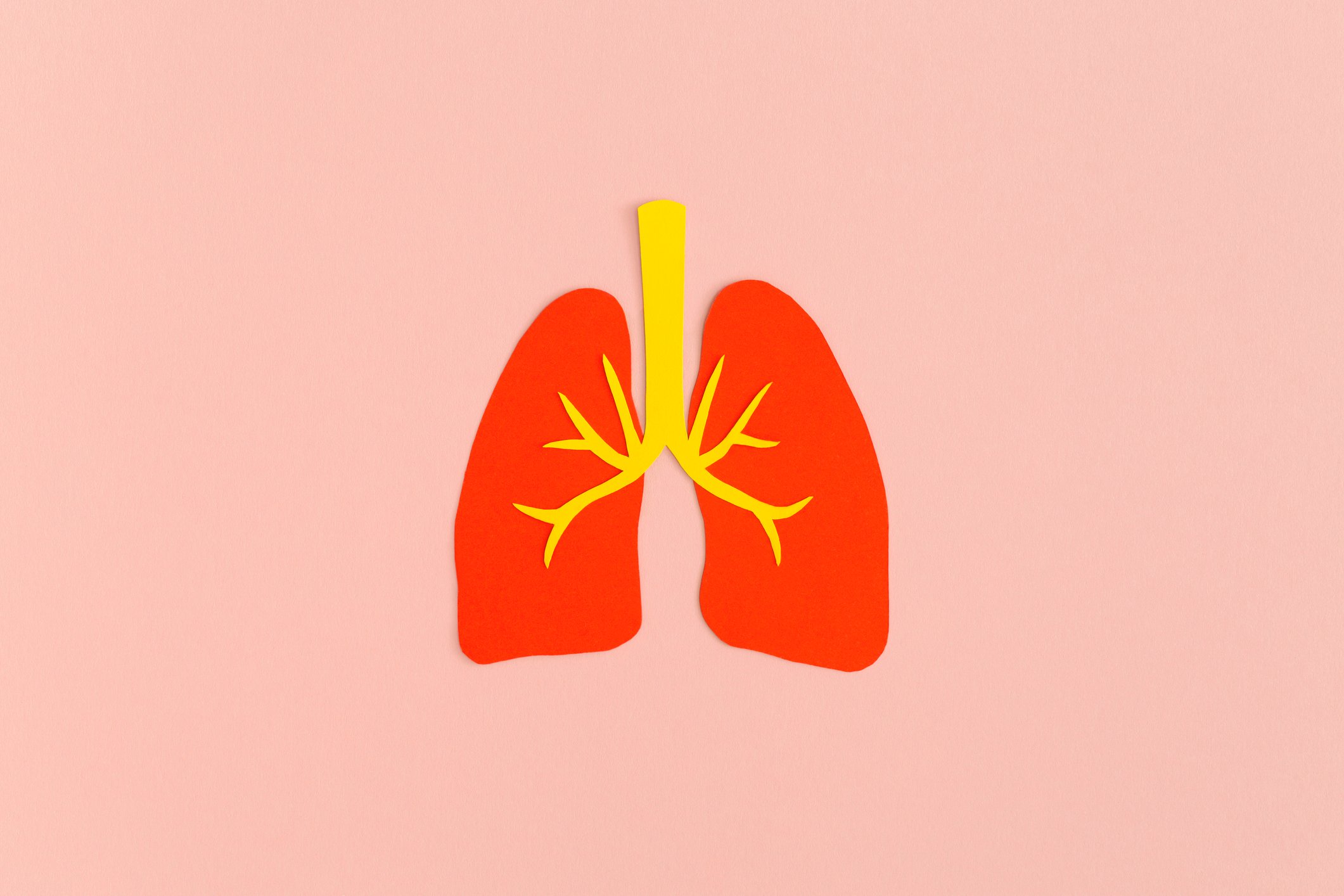Background: The prevalence of spinal complaints such as low back pain is rising due to factors like aging, sedentary lifestyle, and obesity. Traditional conservative treatments include physical therapy and lifestyle modifications. The digital revolution in healthcare has introduced app-based interventions as a promising alternative.
Rationale: Given the high burden of spinal complaints and the associated economic impact, there is need for effective and efficient treatment modalities. This is especially evident in Western healthcare systems with growing demands and limited resources due to the changing demographic of the population. An app-based approach offers a viable solution by combining evidence-based conservative treatments. Moreover, an app-based treatment could offer personalized treatment, real-time feedback, and enhanced patient engagement at lower costs, presents as a viable solution.
Objective: This pilot study aims to evaluate the efficacy of an app-based treatment method combining physical exercise, graded activity, and pain journaling for patients with spinal complaints who will otherwise receive physical therapy, general lifestyle advice, or an expectant treatment in current practice.
Study design: Single center prospective study.
Study population: A total of 30 patients over 18 years old suffering from spinal complaints for which in current practice physical therapy, general lifestyle advice, or an expectant treatment will be advised.
Intervention: An app-based treatment consisting of a combination of physical exercise, graded activity, and pain journaling.
Main study parameters/endpoints: Primary endpoint: Patients' experience and satisfaction qualitatively, measured using semi-structured face-to-face interviews after three months of treatment.
Secondary endpoints: Quality of Life (Qol) measured with the EuroQol 5 dimensions (EQ-5D-5L) at baseline, one, two and three months after starting the intervention. Change in back- and leg-pain, measured with the Visual Analogue Scale (VAS). Change in disability, measured with the Oswestry Disability Index (ODI). Change in catastrophizing of pain, measured with the Pain Catastrophizing Scale (PCS). Change in lost productivity, measured with patient reported missed working days. Healthcare consumption, measured with number of visits to doctor or paramedic. Change in Body Mass Index, measured using patients' input on length and weight. Adherence of participants measured using frequency of patients' input in the mobile application. Safety measured using the (serious) adverse events ((S)AE).
Nature and extent of the burden and risks associated with participation, benefit and group relatedness: The nature and extent of the burden associated with participation in the app-based treatment program primarily involve adherence to recommended activities and inputting relevant health data. Given that the investigators are integrating existing treatment modalities, such as physical exercise, graded activity, and pain journaling, the risks associated with participation are minimal, as these interventions are already deemed safe and widely practiced. The responsibility for determining each patient's suitability for participation in this study lies with the referring physician. Participants can expect benefits such as improved pain management, enhanced physical function, and better overall well-being.








